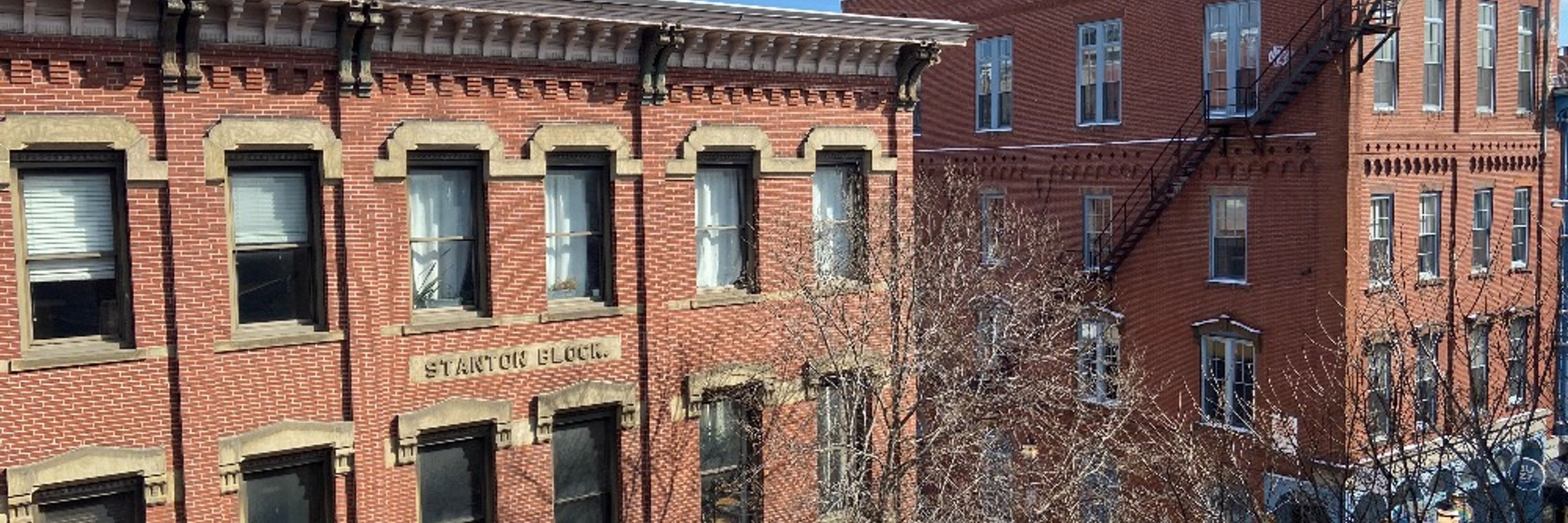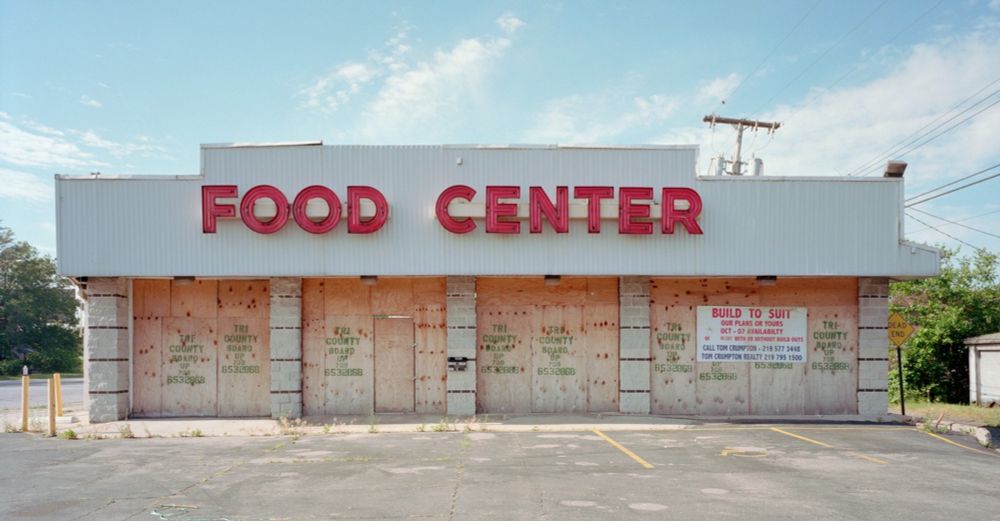


Important study. Essentially it finds a straight line between the pro-corporate concentration policies of Reagan/Clinton/Thatcher/Blair and the decline of democracy. Interestingly, the mechanism is not income inequality but the raw power the biggest corps wield over government.

Important study. Essentially it finds a straight line between the pro-corporate concentration policies of Reagan/Clinton/Thatcher/Blair and the decline of democracy. Interestingly, the mechanism is not income inequality but the raw power the biggest corps wield over government.






But the corporate takeover of our economy seems like the hub to this wheel, which is why the work of @ilsr.bsky.social is so vital.

But the corporate takeover of our economy seems like the hub to this wheel, which is why the work of @ilsr.bsky.social is so vital.

www.tiktok.com/@ilsr_org/vi...

www.tiktok.com/@ilsr_org/vi...








On the same day, Denver Schools paid $114 for a case of markers, but $149 for another.
Amazon disputes the data:
www.theguardian.com/us-news/2025...


Stopping a predatory strategy to rip off poor people is basic Democracy 101.
"Dollar General stores have failed more than 4,300 government price-accuracy inspections in 23 states since January 2022."
Terrific reporting from @barryyeoman.com @theguardian.com

Stopping a predatory strategy to rip off poor people is basic Democracy 101.

